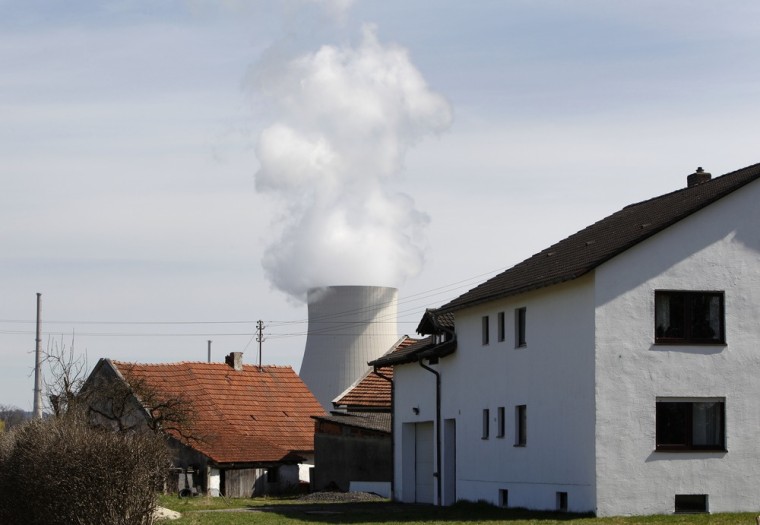Germany's utility companies want "swift and complete" abolishment of nuclear power in the wake of the disaster at Japan's Fukushima reactors, says their umbrella organization.
The technology should be phased out by 2020 or at the latest by 2023, the German Association of Energy and Water Industries, BDEW, said Wednesday following a board meeting.
Up until today the organization had been fully behind nuclear energy, but the events in Japan caused the dramatic U-turn.
The group called on the government to set everything in motion to speed up the transition toward a stable, ecologically responsible and affordable energy mix without nuclear energy.
"The catastrophe at the Fukushima reactors marks a new era and the BDEW therefore calls for a swift and complete exit from using nuclear power," the group said in a statement.
The association represents about 1,800 utilities, among them the operators of the country's 17 nuclear reactors. But the two biggest operators, E.ON AG and RWE AG, said after the vote that they were opposed to the decision.
E.ON spokesman Carsten Thomsen-Bendixen said the operator was against it, while an RWE spokesman said "We are explicitly against setting a precise date for an end to the peaceful use of nuclear energy in Germany." He declined to be named in line with company policy.
Nuclear power provides one-fourth of Germany's electricity
However, BDEW managing director Hildegard Mueller said the resolution — adopted with an overwhelming majority — was the result of intense debate, adding that opposition by some members "doesn't compromise the industry's position."
Germany currently gets almost a quarter of its electricity from nuclear power.
Four days after the March 11 earthquake and tsunami hit Japan's Fukushima Dai-Chi facility, German Chancellor Angela Merkel's government ordered seven atomic reactors built before 1980 offline pending thorough safety checks.
Merkel has since vowed to speed up phasing out nuclear power, gradually supplanting it with other sources.
Germany, Europe's biggest economy, stands alone among the world's leading industrialized nations in its determination to overcome nuclear power.
The technology has been very unpopular in the country ever since radioactivity from the 1986 Chernobyl disaster drifted across the country.
